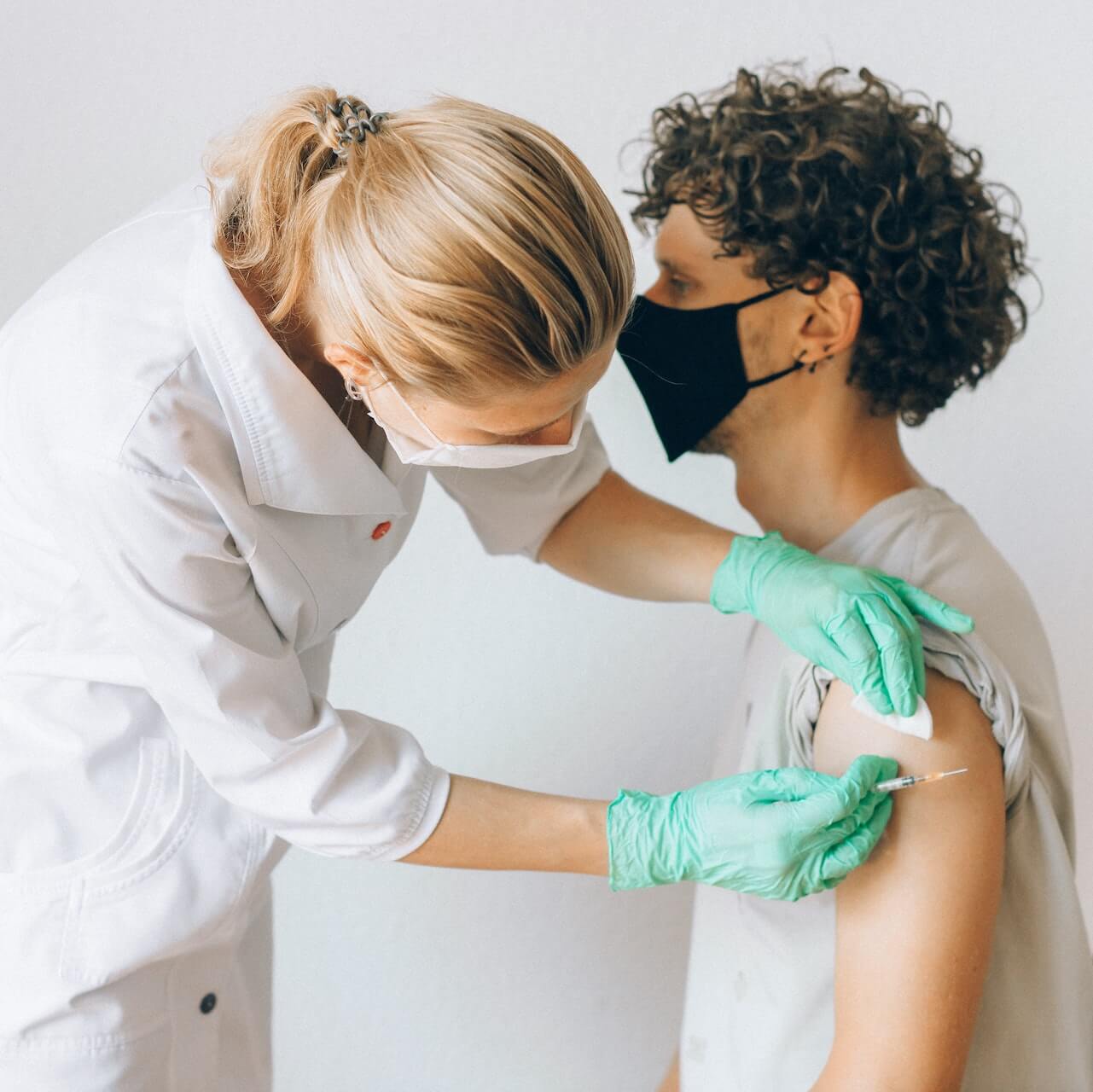Build resilience
Self care and trauma-informed care training help health care teams stay strong.

Why Training?
TRAUMA-informed care builds HEALTHIER TEAMS
A trauma-informed approach to health care equips your staff to better connect with patients, handle big emotions, and deliver empathy-driven patient care. The training includes an emphasis on self-care to help your team avoid secondary trauma and stay strong.
COVID put incredible pressure on our health care systems and the heroes who keep them running. Trauma-informed care training helps build a culture of emotional support, positivity, and resilience.
Book a session with our team to discuss how to get your team trained.
What is right for my team?
Start with self care
The best way for healthcare teams to get started is to start with our Self Care Foundations course to make sure everyone on the team knows how to keep themselves healthy. We also suggest taking the Overview of Trauma-Informed Care course which gives you an understanding of the seven core essential skills of trauma-informed care.
All training is on-demand so teams can learn at their own pace and then discuss together.
Read more about the Self Care course or Overview Course or email our Sales team to talk through training for your organization.

How to get started
THREE EASY WAYS TO START BUILDING A TRAUMA-INFORMED TEAM
Try a class
Take the Self Care or Overview course and start applying the principles of trauma-informed care to build a healthier culture.
GET YOUR TEAM ONBOARD
Download a one-pager on trauma-informed care to help your team get excited about building a more positive workplace.
CHAT WITH US
Book a free 20-minute chat with Brian, from our Sales team, and he will help you get your team set up to start learning.
Trauma Takes a toll On Health
People who have experienced complex trauma are more likely to suffer from conditions like COPD, diabetes, alcoholism and depression. And the health professionals who care for them take on trauma of their own, especially in times of crisis. By learning the foundations of trauma-informed care, medical and support staff are better equipped to identify trauma and address it, leading to more personalized care for patients and better support for providers.
